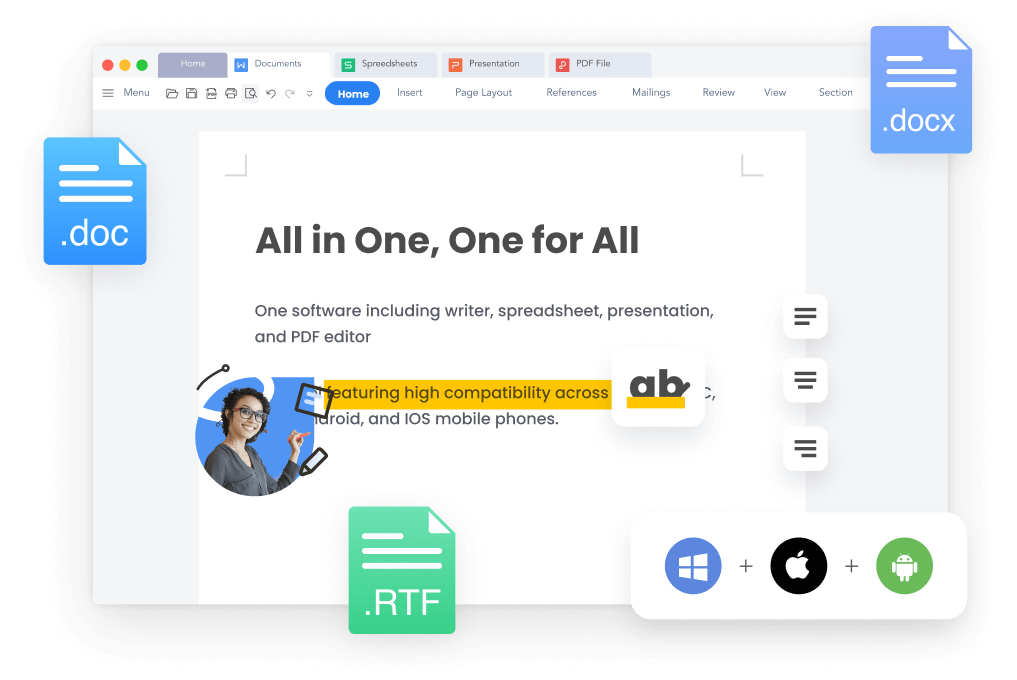Proxies for Payment Gateways: The Ultimate Guide to Secure and Seamless Transactions

In today’s digital economy, online transactions have become a daily routine. Whether you’re managing a small eCommerce store or a large-scale online service, payment gateways play a crucial role in your operations. However, with the rise in cyber threats, fraud, and geo-restrictions, businesses and individuals are turning to a powerful solution—proxies for payment gateways.
If you’re seeking a secure, efficient, and privacy-focused way to process online payments, this guide will help you understand how proxies work, why they’re essential for online financial operations, and how to choose the right proxy solution for your needs.
Explore more about proxies for payment systems at ltesocks.io.
What Are Proxies and How Do They Work?
A proxy is an intermediary server that sits between your device and the internet. When you access a website or an online service, the proxy forwards your requests and returns the responses. This process masks your real IP address and assigns a different one provided by the proxy server.
There are different types of proxies, including:
- Residential proxies: These use IP addresses provided by Internet Service Providers (ISPs) and are associated with real residential devices.
- Datacenter proxies: These are fast and cost-effective, but may be more easily flagged or blocked.
- Mobile proxies: These use IP addresses from mobile networks and offer excellent rotation and anonymity.
Why Are Proxies Used for Payment Gateways?
Ensuring Privacy and Security
One of the biggest concerns in online payments is data privacy and protection. Cybercriminals are constantly looking for vulnerabilities to exploit, especially in financial transactions. Proxies for payment gateways help shield your real IP address, making it harder for malicious actors to target your network.
Bypassing Geo-Restrictions
Many payment gateways impose geo-restrictions, which limit access based on a user’s geographic location. This can be a major obstacle for businesses operating internationally. By using proxies, particularly residential or mobile ones, you can access payment services from different regions, allowing for seamless cross-border transactions.
Managing Multiple Accounts
Some online merchants or affiliates need to operate multiple accounts with payment gateways. However, using multiple accounts from the same IP address can lead to bans or restrictions. With proxies for payment gateways, each account can be assigned a unique IP, helping prevent account linking and ensuring smooth operations.
Automating Financial Operations
Businesses often use bots and scripts to manage repetitive financial tasks like verifying transactions, checking balances, or monitoring accounts. These automations can trigger anti-fraud systems if not masked properly. Using high-quality proxies enables safe automation without triggering security protocols.
Benefits of Using Proxies for Payment Gateways
Enhanced Anonymity
Proxies provide an extra layer of anonymity. When dealing with sensitive financial data, masking your digital footprint is crucial to avoid being tracked, profiled, or targeted by malicious actors.
Reduced Risk of IP Bans
If you frequently access payment platforms or APIs, there’s a risk of IP bans, especially if traffic patterns appear suspicious. Proxies rotate IP addresses and distribute traffic, reducing the likelihood of being flagged.
Speed and Performance
Premium proxy services such as LTESocks offer fast and stable connections, which are essential for real-time financial transactions. The lower the latency, the better the user experience and transaction reliability.
Secure Testing Environments
Developers building or testing payment gateways need to simulate access from various regions or networks. Proxies are perfect for creating secure and realistic test environments without affecting production systems.
How to Choose the Right Proxies for Payment Gateways
1. Type of Proxy
Choose the right type of proxy for your specific use case:
- Residential Proxies are ideal for bypassing geo-blocks and ensuring legitimacy.
- Mobile Proxies are useful for maximum trustworthiness and rotation.
- Datacenter Proxies are fast and cost-effective but may not be as reliable for payment-related tasks.
2. Location Coverage
Ensure the proxy provider has IP addresses in the countries where your payment gateways operate. If you’re dealing with gateways that restrict access to specific regions, localized IP addresses are a must.
3. Rotation and Session Control
Session control allows you to maintain the same IP address for a defined period, which is critical for stable transactions. Choose a provider that allows flexible rotation and sticky sessions.
4. Speed and Uptime
Fast, stable proxies are crucial when it comes to payment operations. Downtime or slow responses can cause failed transactions or errors. Look for services with high uptime and low latency.
5. Security and Encryption
Make sure your proxy provider supports secure protocols like HTTPS and encrypts your traffic to prevent data leaks during financial operations.
6. Reputation and Support
Always go with a trusted provider with good reviews and responsive customer support. A well-supported service ensures quick resolution in case of issues.
Use Cases for Proxies in Payment Processing
eCommerce Businesses
eCommerce owners often need to test their checkout processes across various locations or manage multiple merchant accounts. Proxies provide the anonymity and geo-targeting required for these tasks.
Freelancers and Remote Workers
Freelancers working with international clients may face payment access issues based on their location. Proxies help bypass these restrictions, allowing them to receive payments smoothly.
Digital Marketing and Affiliate Professionals
Digital marketers often deal with multiple accounts on platforms like PayPal, Stripe, or Payoneer. Proxies help manage these accounts securely without risking bans.
Fintech Developers
Developers working on payment integrations and financial apps use proxies to simulate different user environments, ensuring comprehensive testing before deployment.
Best Practices for Using Proxies with Payment Gateways
- Avoid Free Proxies: They are often unreliable, slow, and insecure.
- Rotate IPs Cautiously: Too frequent rotations can trigger fraud detection systems.
- Use Sticky Sessions: Maintain the same IP for a session when completing transactions.
- Monitor Performance: Keep an eye on connection speed, latency, and proxy health.
- Stay Legal and Ethical: Always follow the terms of service of the platforms you’re accessing.
Why Choose LTESocks for Payment Gateway Proxies?
At LTESocks.io, we provide specialized proxy solutions designed for sensitive operations like electronic payments. Our proxies offer:
- Wide location coverage across various regions
- Mobile and residential IPs with high trust scores
- Lightning-fast speeds and excellent uptime
- Sticky sessions and smart rotation
- 24/7 customer support for uninterrupted service
Whether you’re a business owner, developer, or digital nomad, our solutions ensure your financial operations are smooth, secure, and unrestricted.
Final Thoughts
As the digital payment ecosystem grows, so does the need for privacy, security, and efficiency. Proxies for payment gateways offer a simple yet powerful way to overcome restrictions, protect data, and streamline operations. Whether you’re accessing platforms internationally, managing multiple accounts, or developing new fintech solutions, a reliable proxy is a smart investment.
Visit ltesocks.io today and explore our range of proxy solutions crafted for secure electronic payments.






